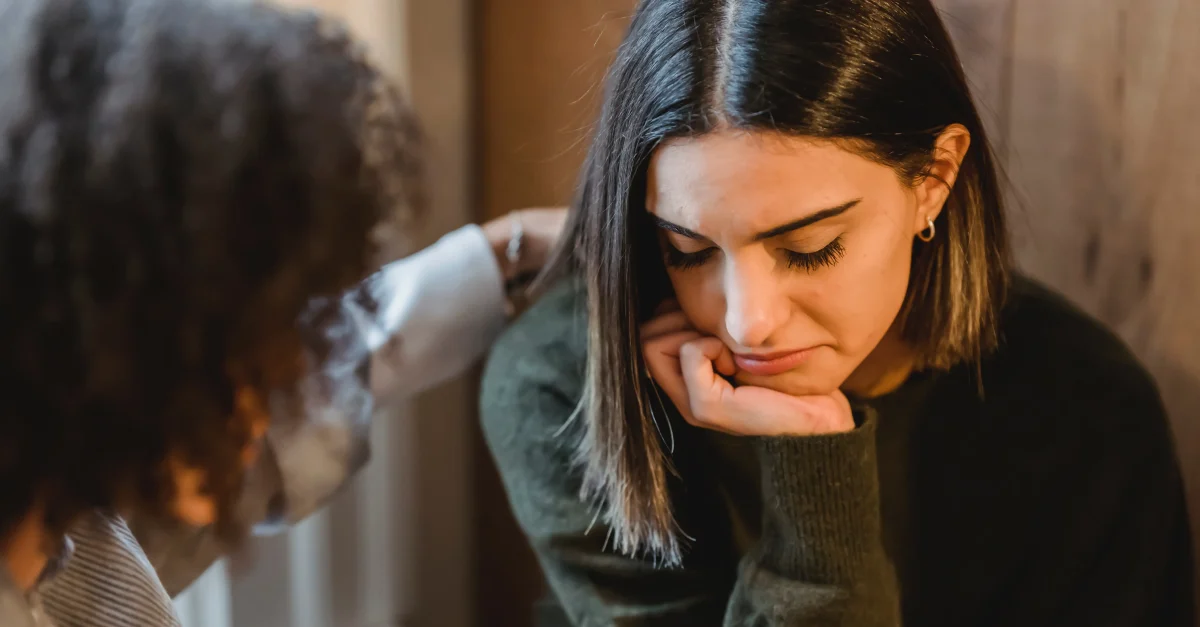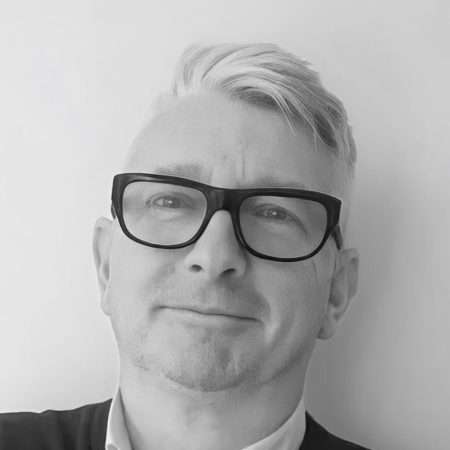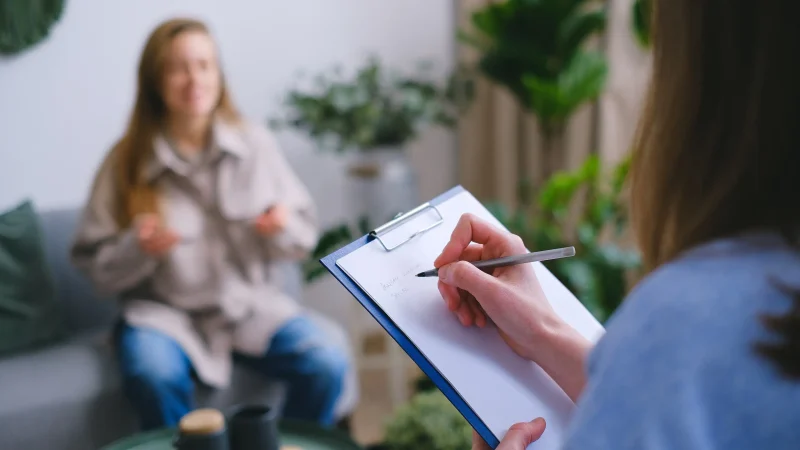
Start Your Recovery Journey Today
This page introduces the services that we provide to the people of Guildford, Surrey. We offer individual addiction counselling online from any location, including Guildford, Surrey. Additional services we offer to those in Guildford, Surrey include interventions, a meeting at your home in Guildford, Surrey or online that helps people realise that they have an addiction and need help.
There are also various free alcohol and drug treatment services in Guildford, Surrey which we will list on this page.
-
About Guildford
According to a report from the Health, Integration and Commissioning Select Committee, around 3,000 people in Surrey suffer from and seek support for alcohol and drug addictions.
Positioned conveniently close to London, Guildford enjoys excellent transportation connections. Guildford Railway Station provides direct access to the capital, making commuting to London and other major cities a breeze. The town is well-served by a comprehensive network of bus services, enabling easy travel within Guildford and its surrounding areas.
To get the care and support you need it’s important to first establish whether you have an addiction and what you’re addicted to. Addictions come in many forms:
Some signs are suggestive of addictions, and if you exhibit any one of these signs, you need to seek support.

The signs of addiction include:
- Taking excessive amounts of a substance (e.g., alcohol or drugs) or excessively carrying out a particular activity (e.g. gambling or watching pornography) with little or no remorse afterwards.
- Feeling compulsively drawn to take a substance or to perform an activity.
- The inability to control or resist the urge to take a substance or indulge in an addictive habit.
- Feeling restless or uneasy when you haven’t taken a substance or engaged in certain activities.
Addictions may be linked to several factors like family disharmony, childhood trauma and abuse, pre-existing mental health conditions, death of a loved one and peer pressure.
Types of Addiction Counselling
Addiction counselling typically falls into three categories:
Private Addiction Counselling
Private addiction counselling is offered as part of a residential rehab programme. Here you enjoy full confidentiality, a calming and soothing environment free of judgement and around-the-clock care. Examinations, sessions and treatment carried out here are personalised and tailored just for you. If you’re unable to attend rehab, you can access private addiction counselling through a registered therapist working with CATCH Recovery.
Online Addiction Counselling
Online addiction counselling is counselling that you can attend from wherever you are located. Here, you can speak with experts and receive support remotely without having to move an inch from the comfort of your home.
NHS Addiction Counselling
NHS addiction counselling is a free government-run service provided for people suffering from addictions. Getting addiction counselling via the NHS involves lengthy procedures and long wait times to access a health expert. Also, due to the limited funding from the government and increased demand for addiction counselling services, the NHS counsellors may be unable to give you a fully personalised therapy experience with undivided attention.
The Role of the Therapist in Addiction Counselling
CATCH Recovery’s Featured Guildford Addiction Therapist


Paul has a wealth of experience in psychological intervention, having worked in various multi-disciplinary work settings, including NHS IAPT services (Improving Access to Psychological Therapies), alcohol and drug misuse services, renowned private residential rehabs and prisons. He has also had a successful private practice in Harley Street and the Home Counties and now works from Guildford in Surrey, Horsham in West Sussex, and online.
He is experienced in working with a variety of different issues, including but not limited to substance misuse, gambling, sex addiction, porn addiction, internet addiction and eating disorders. He has worked with problems relating to anxiety, depression, stress, abuse, relationships, work, self-harm, and OCD.
Paul applies various contemporary research and evidence-based therapeutic models, including CBT (Cognitive Behavioural Therapy), MET (Motivational Enhancement Therapy) and Humanistic Person Centred Therapy to help facilitate change and help people with various issues to live more balanced
lives.
Paul is a BACP-accredited Counsellor/Psychotherapist who draws on his experience and knowledge to provide therapy in a safe, supportive and confidential manner. Paul believes in the therapeutic relationship between the counsellor and client to be key, built on trust so that a shared open alliance
can form.
Counselling clients in the Guildford area can schedule face-to-face sessions with our local addiction therapist, Paul. Paul is highly experienced in the field, with expertise in CBT (Cognitive Behavioural Therapy), MET (Motivational Enhancement Therapy) and Humanistic Person Centred Therapy, among other specialities.

CATCH Recovery’s Guildford-based Providers
The role of the therapist in addiction counselling is to guide you through your journey to recovery. Your therapist is tasked with the responsibility of uncovering the reason behind your addiction (such as deep-rooted trauma and past hurt or grief) that you may not even be aware of.
Also, your therapist ensures that you are given the correct diagnosis based on what you express and the symptoms you show. In persons with dual diagnosis, your therapist is there to ensure you get the best support needed for each one.
How Effective is Addiction Counselling?
Addiction counselling on its own is very effective. However, how well it works for you depends on personal factors like your consistency and dedication to the counselling programme and your willingness to change.
Support Groups in Guildford, Surrey
Support groups in Surrey can be an effective way to break the seemingly unending cycle of addiction. There are support groups in Guildford that can help if you are looking to connect with a sober community, an opportunity to try out your new coping strategies or just a safe place to express your feelings and share your experience. Some of these support groups include:
-
Guildford Newcomers (AA)
Living Sober meeting
Tuesdays from 9-10:30 pm
Salvation Army, Woodbridge Rd,
Guildford,
GU1 4QQ
-
Narcotics Anonymous (NA)
Fridays from 8-9:30 pm
Stirling Centre, St. John’s Stoke, Stoke Road,
Guildford, Surrey,
GU1 1HB.
-
SMART Recovery
Tesdays from 6:30-8 pm
15 Downing Avenue.
Guildford, Surrey,
GU1 4ND
About the 12-Step Method
The 12-step model of addiction therapy is a transformative approach to recovery that sees addiction as a complex disease and provides a structured protocol for recovery. Each step prompts self-reflection and brings about a positive change. These steps aim to help you gain insight into the root causes of your addiction and equip you to take responsibility for your actions. It also involves you making amends with people and emotions which you have been avoiding for a long time. The 12-step therapy is a great recovery option for anyone suffering from all kinds of addictions.
Frequently Asked Questions:
What addiction counselling services are available in Guildford?
Our counsellor in Guildford offers one-to-one therapy sessions to treat all types of addiction.
Are there support groups or community resources for addiction recovery in Guildford?
Yes, please review the section on meetings in Guildford above to learn more about the options.
Are there culturally sensitive or LGBTQ+-friendly addiction counselling services in Guildford?
CATCH Recovery is proud to be LGBTQIA+ friendly and we are also able to accommodate people from all walks of life. Please reach out to us for assistance if you are struggling to find an inclusive environment to recover.
What support is available for relapse prevention in Guildford?
CATCH Recovery’s continued addiction assistance services are available alongside a number of local fellowship meetings, chapter meetings and more.